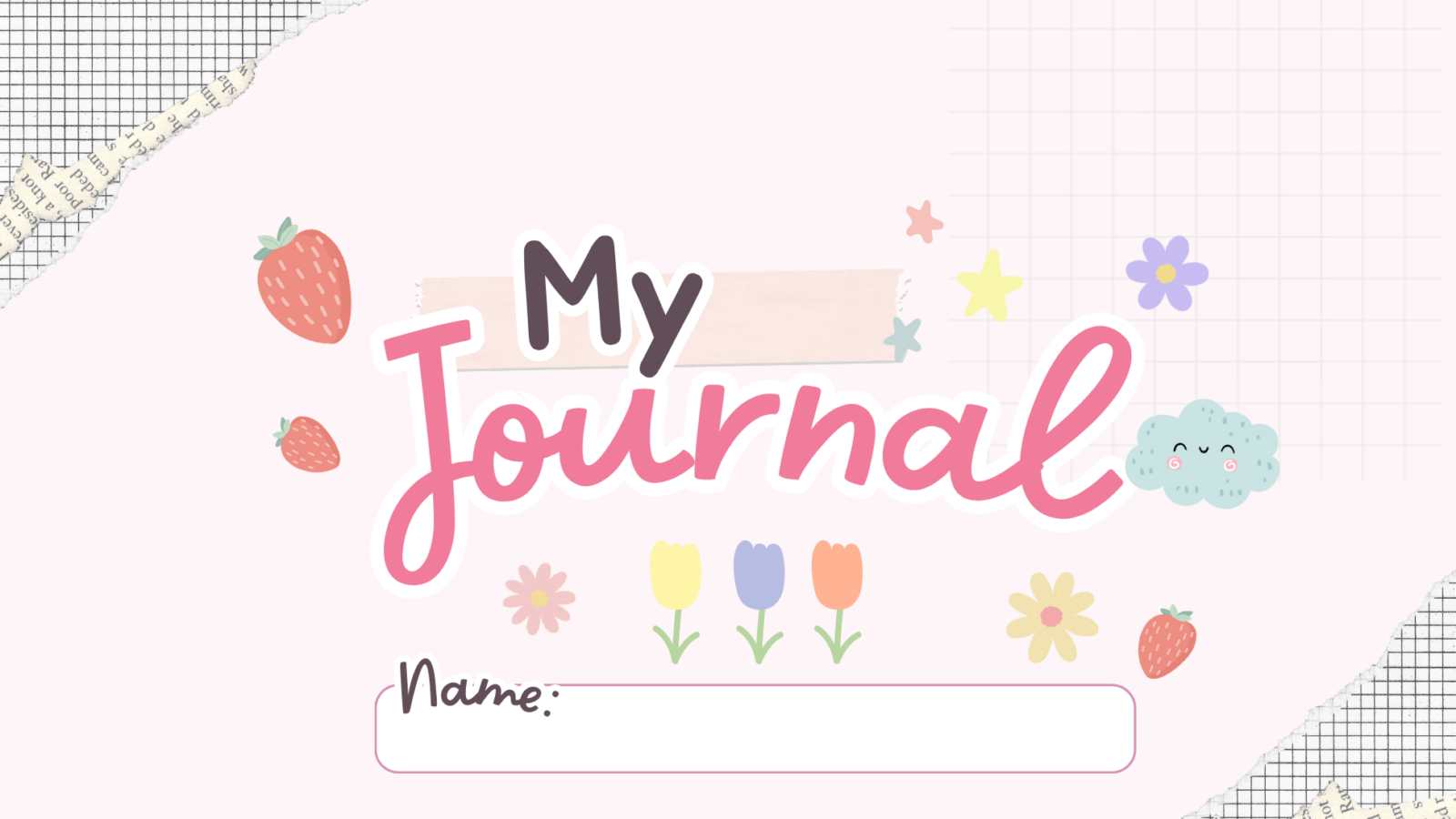10 Journaling Benefits and Tips for Getting Started

Journaling is a practice that has been around for centuries. It involves writing down your thoughts, feelings, and experiences in a notebook or journal. Journaling can be a powerful tool for self-reflection, personal growth, and mental health. In this article, let us explore the 10 journaling benefits and offer tips for getting started.
10 Journaling Benefits and Tips for Getting Started
1. Reduce Stress and Anxiety
Journaling can help reduce stress and anxiety by providing a safe space to express your feelings and emotions. Writing down your thoughts and worries can help you process them and release them from your mind.
2. Improve Mental Clarity
Journaling can also help improve mental clarity by allowing you to organize your thoughts and ideas. Writing things down can help you see things more clearly and make better decisions.
3. Boost Creativity
Journaling can also boost creativity by allowing you to explore new ideas and perspectives. Writing down your thoughts and ideas can help you tap into your creative side and discover new ways of thinking.
4. Improve Self-Awareness
Journaling can improve self-awareness by helping you identify patterns in your thoughts and behaviors. By reflecting on your experiences, you can gain a better understanding of yourself and your emotions.
5. Track Personal Growth
Journaling can also help you track your personal growth and progress over time. Writing down your goals and achievements can help you stay motivated and focused on your personal development.
6. Improve Communication Skills
Journaling can also help improve communication skills by allowing you to practice expressing your thoughts and ideas in writing. This can translate to improved communication skills in other areas of your life, such as in relationships or at work.
7. Enhance Memory and Learning
Journaling can also enhance memory and learning by helping you retain information better. Writing things down can improve recall and help you remember important details and insights.
8. Reduce Symptoms of Depression
Journaling reduces symptoms of depression by providing a way to express and process negative emotions, as studies have shown. Writing down your thoughts and feelings can help you gain perspective and find ways to cope with difficult emotions.
9. Improve Sleep Quality
Journaling can also improve sleep quality by reducing racing thoughts and promoting relaxation. Writing down your worries before bed can help clear your mind and promote better sleep.
10. Increase Gratitude and Happiness
Journaling can also increase gratitude and happiness by allowing you to reflect on positive experiences and things you are thankful for. Writing down things you are grateful for can help shift your focus to the positive and promote a more optimistic outlook.
Tips for Getting Started with Journaling:
- Choose a journal or notebook that speaks to you
- Find a quiet and comfortable place to write
- Set aside time each day to journal
- Write freely without judgment or editing
- Write about anything that comes to mind, without censoring yourself
- You can also use prompts or guided exercises to get started
- Don’t worry about grammar or spelling errors
- Experiment with different writing styles or formats
- Make it a habit by incorporating it into your daily routine
- Celebrate your progress and growth along the way
Journaling is a powerful practice that can offer numerous benefits for mental health and personal growth. By taking the time to reflect and write down your thoughts and experiences, you can gain clarity, reduce stress, improve communication skills, and more. With these tips for getting started, anyone can begin a journaling practice and reap the many benefits it has to offer.
Paoline is driven by passion and enthusiasm for making things happen of what she envisioned. She invites people to see the colors she created on an empty canvas. Through writing or designing, she likes people to see the wonders of stories in a glimmer of first sight






